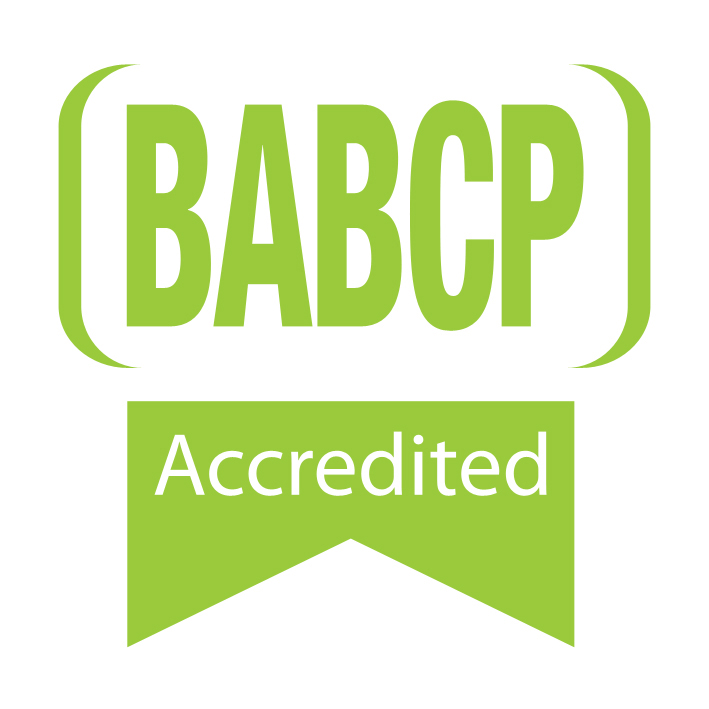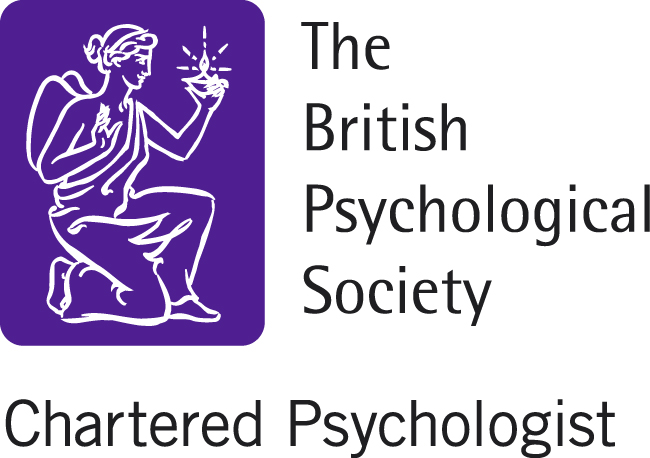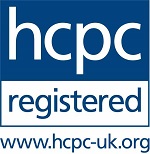Assessment of Autism Spectrum Disorder
We offer online and face to face assessment and diagnosis of Autism Spectrum Disorder (ASD) for children, adolescents, and adults. The assessment is usually conducted from the comfort of your home via video-conferencing on your computer.
The tools used in the assessment are evidence-based. The assessment process is in keeping with the UK National Institute for Health and Care Excellence (NICE) guidelines.
As a team who has lived and worked abroad extensively, we understand the unique challenges that come with expat living. There are often differences in education and healthcare systems and in assessment and diagnostic processes. All of our assessments are conducted by native English speakers. You can also feel confident that the assessment process is in line with those conducted in the UK, USA, Canada, Australia and New Zealand, and therefore that the results will be transferable; something that we understand is important if you are planning to return to live in your native country in the future.
Download here a guide to the assessment process in adults and adolescents, and here for children aged 12 and under.

The assessment process consists of four appointments:
- An initial consultation appointment of 60 minutes to gather background information and ascertain if a full ASD assessment is indicated. At this point any supporting evidence such as school or college reports will be sought. Following the initial consultation, questionnaires will also be completed by the client and / or their parent / carer.
- A 90-minute full clinical interview (preferably with a parent / carer, partner or family member of the person being assessed for ASD). The Autism Diagnostic Interview (ADI-R) will be used where appropriate.
- A 60-minute online assessment session with the person being assessed for ASD. The assessment will be Autism Diagnostic Observation Schedule (ADOS-2) informed, meaning that it consists of a clinical interview with questions and tasks from the ADOS-2.
- A 30-minute feedback session to discuss the findings of the assessment. A detailed, individualised assessment report will be provided outlining the outcomes of the assessment and subsequent recommendations.
The assessment is conducted by clinicians who are accredited to use the above-mentioned assessment tools. ASD is diagnosed in accordance with DSM-5 and ICD-10 criteria.
Post-Diagnostic Support
The 30-minute feedback session and assessment report will detail our professional understanding of your / your child’s strengths and needs. The report will include recommendations for the individual, family members, school / university and or employers where applicable. The report is a confidential document and as such it is up to you whether you choose to share the report with other services or family members.
The report and feedback session will also include advice on where to seek further information and support. This might include details regarding support groups or useful websites and organisations.
Further sessions with our team could be agreed to work on specific issues such as advice and strategies for the client and / or their family in managing ASD specific behaviour or comorbid mental health difficulties associated with ASD such as anxiety, obsessive compulsive disorder (OCD), attention deficit hyperactivity disorder (ADHD) or TICS / Tourette’s. Assessment and diagnosis of these conditions can also be provided by our team.
Is there therapy for ASD?
We do not treat ASD itself with therapy. However, many people find that they benefit from some input to address comorbid difficulties such as anxiety or low mood. In our team a clinician experienced in working with clients with ASD can offer Cognitive Behaviour Therapy (CBT) tailored specifically to your needs.
We also offer social skills training for both adults and children with ASD. This is a structured course of sessions teaching life skills or independence training that could be useful when negotiating social situations, making new friends, preparing for job interviews, dealing with misunderstanding or conflict and gaining a deeper understanding of emotions, both in yourself, and others.
We also provide psychoeducation sessions for parents, carers or partners of those with ASD. These sessions aim to help you to understand ASD and to provide effective strategies for supporting your family member with difficulties such as sensory sensitivities, overstimulation, changes to routine, sleep difficulties, social difficulties and anxiety. Many people with ASD experience what they describe as ‘emotional meltdowns’ or a feeling of being overwhelmed. We can share strategies with family members and the client for managing these. We can provide signposting and advice around therapeutic aids such as weighted blankets and noise cancelling headphones, and the use of social stories and comic strip conversations. We can help families to better understand common ASD behaviours such as stimming.
For those children and young people with language difficulties we work alongside Speech and Language Therapists, who can offer one to one support including reports in support of an application for an Education Health and Care Plans (EHCPs). Sometimes sensory processing differences mean an Occupational Therapist input might also be needed. We can arrange this for you too via our collaboration with https://developmychild.co.uk/.
Where do you see people?
We specialise in helping people online by videoconference so our patients can be located anywhere in the world. We may also be able to meet in person, either in the UK, or elsewhere in Europe. If you require us to come to you, please contact us for details. Many of our clients are English speaking expats who are unable to access diagnostic and treatment options in their host country.
Useful Information for Clients:
For parents:
- The Reason I Jump- Naoki Higashida
- Thinking in Pictures: My Life with Autism- Temple Grandin
- Uniquely Human: A Different Way of Seeing Autism- Barry M. Prizant with Tom Fields-Meyer
For adults with ASD:
- Valerie Gaus - Living Well on the Spectrum
- Barbara Bissonnette - Asperger's Syndrome Workplace Survival Guide, A Neurotypical's Secrets for Success
- Olga Bodashina – Sensory Perceptual Issues in Autism and Asperger Syndrome
- Sarah Hendricks - Women and girls with Autism Spectrum Disorder: Understanding life experiences from early childhood to old age
- Ashley Stratford – Asperger Syndrome and long-term relationships
- Lizzie Huxley-Jones – Stim: An Autistic Anthology
For young people with ASD:
The following website has a lot of good suggestions for learning about ASD for children and young people, from picture books, through graphic novels to memoirs written by young people themselves:
https://www.readbrightly.com/inspiring-books-on-autism-for-kids-tweens-and-teens/
References
- NICE, (2017). Autism spectrum disorder in under 19s: recognition, referral and diagnosis. London: NICE.
- NICE (2021). Autism spectrum disorder in adults: diagnosis and management. London: NICE.
Useful organisations
National Autistic Society (UK): www.autism.org.uk
The Autism Society (USA): www.autism-society.org









